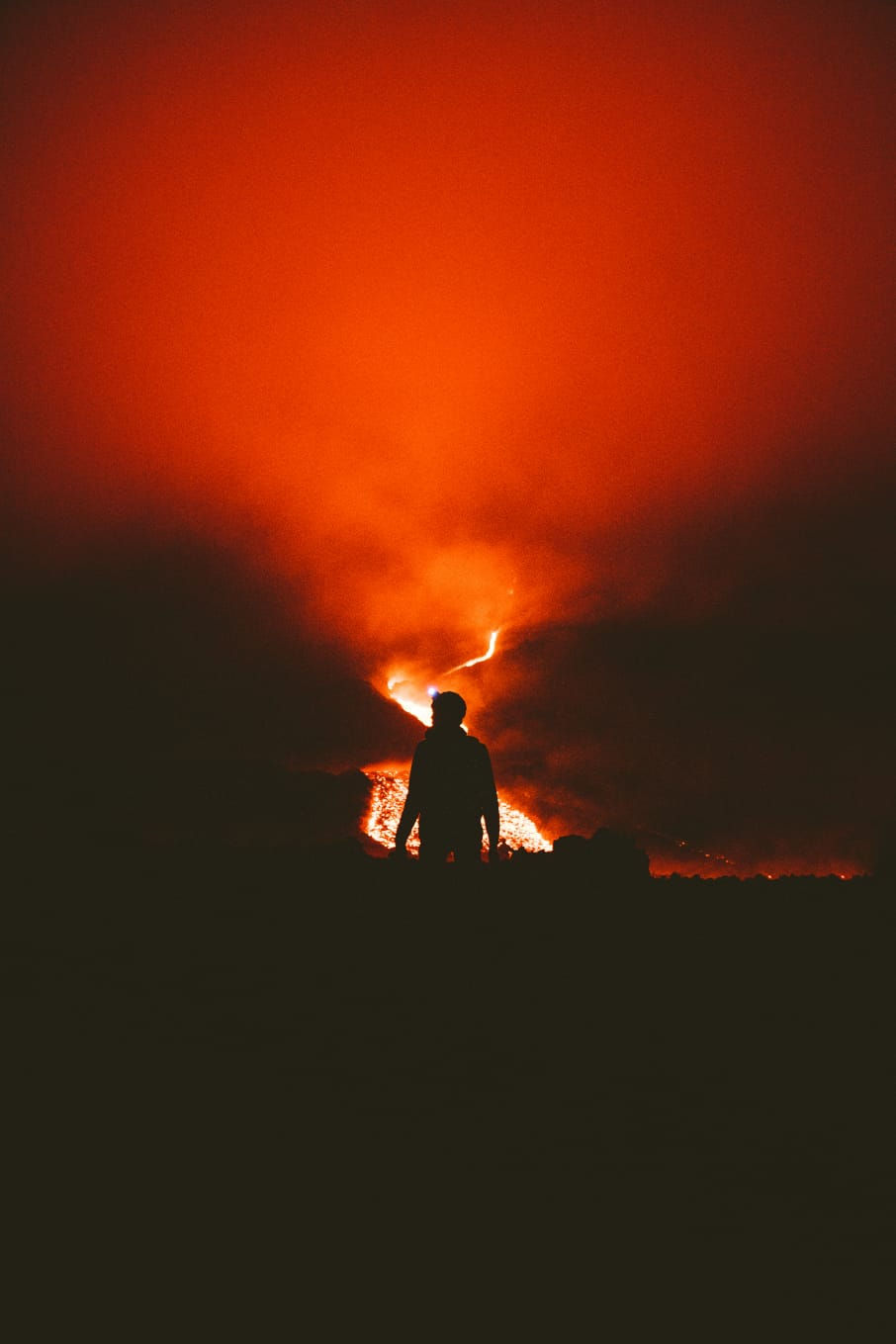Ethical Survivalism: Managing a Food Stash When Others Have None
- Cely Pereyra

- Jul 13
- 4 min read
In a survival scenario-whether triggered by economic collapse, natural disaster, or societal breakdown-having a stockpile of food and essential supplies can mean the difference between life and death.
But what happens if you are one of the few who has prepared, while those around you face starvation and despair?
This is one of the most difficult ethical dilemmas in survivalism. The instinct to protect what is yours clashes with the moral impulse to help others in need. How do you walk the fine line between self-preservation and social responsibility?
The answer is neither simple nor universal, but understanding the complexities of this situation can help you make informed, ethical, and sustainable decisions.
Prioritizing Security Without Losing Humanity
Survival begins with security.
No matter how generous you want to be, your resources mean nothing if they are taken by force. Desperate people will do desperate things, and hunger can drive even the most civilized people to violence. Protecting your supply is not just about self-interest - it is about ensuring that you remain in a position to make choices, rather than becoming a victim yourself.
The first rule of survival is discretion: Never reveal the extent of your supply, and avoid behaviors that signal abundance. The smell of cooking food, the sight of well-fed individuals, or even casual mentions of preparation can attract unwanted attention. Fortify your home, maintain situational awareness, and always have a plan to defend what you have if necessary.
However, security does not mean total isolation. While keeping your preparations private is crucial, open hostility toward others can backfire. If people perceive you as a threat or someone hoarding resources at their expense, you could become a target.

Assessing the Situation Before Taking Action
Not all crises are the same, and your response should be tailored to the nature of the disaster. A temporary food shortage due to supply chain disruptions requires a different approach than a long-term societal collapse.
Understanding the context of the crisis will help determine whether aid should be rationed, traded, or withheld altogether.
Equally important is an assessment of the people around you. Are they willing to contribute to collective survival, or are they simply looking for handouts? Are there vulnerable individuals-children, the elderly, or the disabled-who cannot provide for themselves?
Compassion does not mean reckless generosity; it means making strategic choices that balance ethics and practicality.
Helping Without Weakening Your Own Position
The impulse to help others is natural, but in a survival scenario, unchecked generosity can be fatal. Giving too much, too soon, can deplete your own supplies, leaving you in the same desperate position as those you were trying to help. Instead of simply handing out food, consider controlled generosity:
Relief should be limited and strategic: Small, measured help can prevent a situation from deteriorating without draining your own resources.
Barter is often safer than handouts: Exchanging food or supplies for skills, labor, or security creates a mutually beneficial exchange rather than dependency.
Boundaries must be firm: If word gets out that you are giving away food freely, you may face overwhelming demand or even aggression. All aid should be discreet and conditional.
Strength in Numbers: The Power of Community
No matter how well prepared you are, long-term survival is rarely sustainable alone. A trusted network of individuals can provide skills, protection, and resilience that no one person can maintain indefinitely. If the crisis is severe and prolonged, it may be necessary to form a survival community.
Building such a network requires careful selection of those you trust. Skills such as medical expertise, mechanical skills, food production, and security training are invaluable. A structured system of contribution and resource management prevents chaos and ensures sustainability.
Community survival is not about charity - it is about increasing the odds for everyone involved, including yourself.

Teaching Others to Fish Instead of Giving Them Fish
One of the most powerful ways to help is not to give food-it is to teach self-sufficiency. A hungry person given one meal will come back for another. A person taught to find, grow, or prepare his or her own food becomes an ally, not a dependent.
When it is safe to do so, share the knowledge of foraging, hunting, fishing, gardening, and food preservation. The more people who can feed themselves, the less pressure there will be on your own resources.
Teaching someone how to purify water, build a shelter, or make a fire can mean the difference between becoming a threat or contributing to survival.
Facing the Harshest Moral Dilemmas
Survival brings impossible choices. You may face moments where you must choose between helping a stranger and ensuring the survival of your own family. There is no one right answer, only the one you can live with.
Many survivalists operate on a simple principle: family first.
Your first duty is to those closest to you. But that does not mean ignoring everyone else. Compassion must have limits, but it should not be abandoned altogether.
It is also important to reject guilt. If you prepared while others did not, that is not your burden to bear. Preparation is a choice, and those who did not must live with the consequences. While ethical survivalism encourages calculated help, it does not require self-sacrifice.
Planning Beyond the Immediate Crisis
If the situation extends beyond a few weeks or months, no supply will last forever. Survival must move from reliance on stored goods to sustainable living.
Establishing food production through gardening, breeding livestock, hunting, and preserving food will ensure long-term viability.
Rotating supplies, adapting to changing circumstances, and constantly developing skills are just as important as stockpiling. A survivalist who fails to think beyond the immediate future is simply delaying disaster, not preventing it.
Mental Resilience: The Key to Ethical Survivalism
Survival is as much a psychological battle as it is a physical one. Watching others suffer, making difficult decisions, and facing the unknown can wear down even the strongest of individuals. Mental resilience-the ability to stay focused, rational, and adaptive-is just as important as food or weapons.
Survivalists must cultivate emotional stamina. Maintaining hope, staying connected to a sense of purpose, and accepting the harsh realities of a crisis will determine who perseveres and who succumbs to despair. The ability to make clear decisions under pressure is a survival skill in itself.



Comments